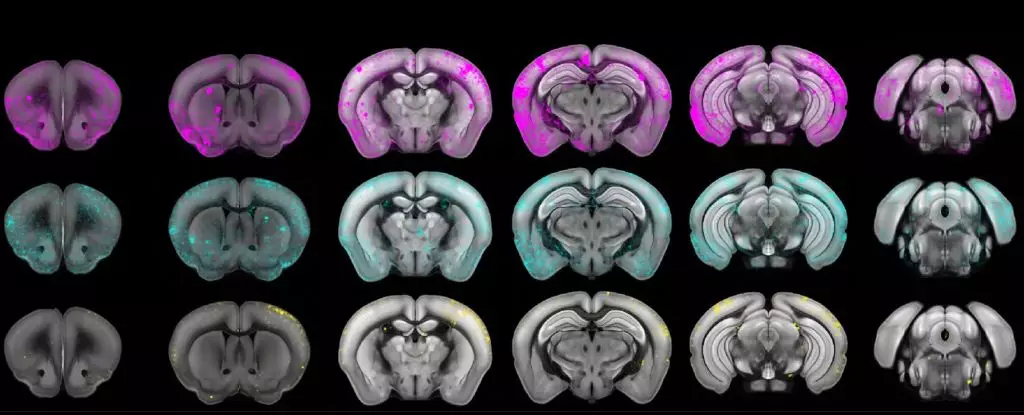The blood-brain barrier is a crucial component of the human body, serving to protect the brain tissue and central nervous system from harmful substances in the bloodstream. While this barrier is highly effective in preventing the entry of unwanted molecules, it also poses a significant challenge in delivering therapeutic proteins to the brain. The impermeability of the barrier to hydrophilic and large molecules restricts the ability to provide treatment for various brain conditions. However, researchers have found a potential solution in the form of Toxoplasma gondii, a parasite known for its ability to cross the blood-brain barrier.
Toxoplasma gondii, a parasite that infects the brains of its hosts, has garnered interest as a possible means of delivering important therapeutics to brain cells. Researchers have conducted studies demonstrating that T. gondii can be engineered to deliver therapeutic proteins, offering new possibilities for treating neurological conditions that are difficult to access. By targeting specific organelles within neurons and altering their secretion capabilities, T. gondii has shown promise in delivering proteins that could potentially treat conditions such as Rett syndrome, a rare genetic disorder affecting brain development. The ability of T. gondii to interact with neurons and secrete substances opens up avenues for using this parasite as a versatile delivery system for various research and therapeutic applications.
The research conducted on T. gondii as a therapeutic protein delivery system has demonstrated promising results in both lab-grown human brain tissue and living mice. The engineered parasite was able to deliver therapeutic proteins effectively, with minimal side effects and inflammation in the hosts. This opens up possibilities not only for treating neurological conditions but also for using T. gondii as a powerful research tool to investigate protein activity in neurons. The researchers involved in the study believe that this approach offers a new way forward in addressing the challenges associated with targeting neurons and delivering therapeutic proteins to the brain.
While the use of T. gondii as a therapeutic protein delivery system shows great potential, there are also important considerations to keep in mind. The safety and ethical implications of using a parasitic organism for therapeutic purposes must be thoroughly evaluated. Additionally, further research is needed to optimize the delivery methods and ensure the efficacy and safety of this approach in clinical settings. Collaborative efforts between researchers, clinicians, and regulatory bodies will be essential in advancing this innovative approach towards practical applications in treating neurological conditions.
The potential of using Toxoplasma gondii as a therapeutic protein delivery system represents a groundbreaking advancement in the field of neuroscience and medical research. By harnessing the unique capabilities of this parasite, researchers have opened up new possibilities for treating conditions that were previously challenging to address. With continued research and development, T. gondii could prove to be a valuable tool in delivering targeted therapies to the brain and advancing our understanding of neurological disorders.


Leave a Reply